MUCH THAT PASSES AS IDEALISM IS DISGUISED HATRED OR DISGUISED LOVE OF POWER
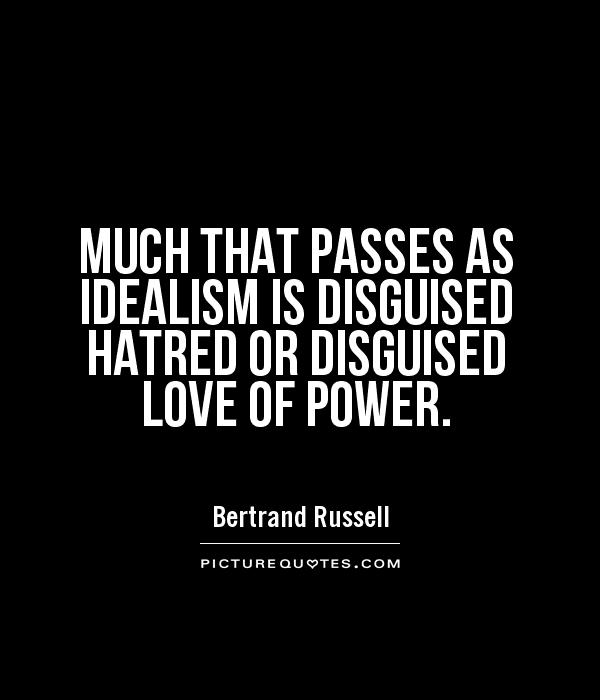
MUCH THAT PASSES AS IDEALISM IS DISGUISED HATRED OR DISGUISED LOVE OF POWER
The statement "much that passes as idealism is disguised hatred or disguised love of power" holds a significant truth when it comes to the use of hate words. Hate words are often disguised as idealistic beliefs or expressions of power, when in reality they are rooted in negative emotions such as hatred, fear, or insecurity.When individuals use hate words, they often do so under the guise of standing up for what they believe in or asserting their dominance over others. They may claim to be fighting for a noble cause or defending their beliefs, but in reality, their words are driven by a deep-seated hatred or desire for power over others.
Hate words can be used to dehumanize and oppress others, creating a sense of superiority or control over those who are different or perceived as a threat. By using derogatory language or slurs, individuals can assert their dominance and reinforce their own beliefs at the expense of others.
In some cases, hate words may also be used as a form of self-protection or defense mechanism. When individuals feel threatened or insecure, they may lash out with hateful language in an attempt to assert their power and protect themselves from perceived threats.
However, it is important to recognize that hate words are not a form of idealism or a genuine expression of power. Instead, they are a destructive force that can perpetuate discrimination, violence, and division within society.
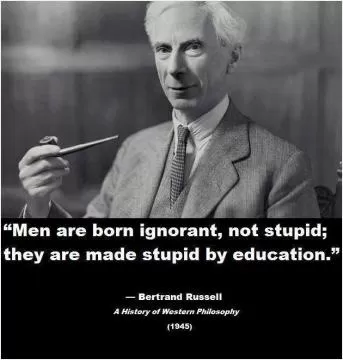


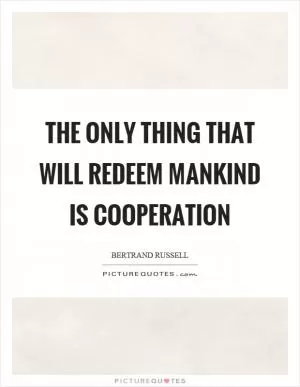



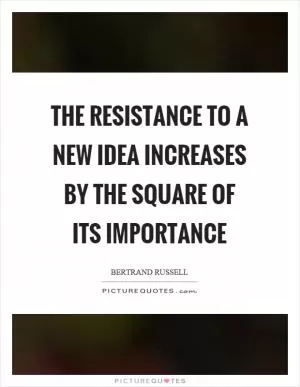


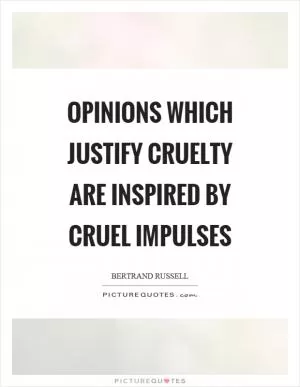
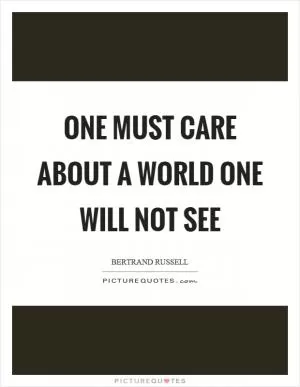
 Friendship Quotes
Friendship Quotes Love Quotes
Love Quotes Life Quotes
Life Quotes Funny Quotes
Funny Quotes Motivational Quotes
Motivational Quotes Inspirational Quotes
Inspirational Quotes